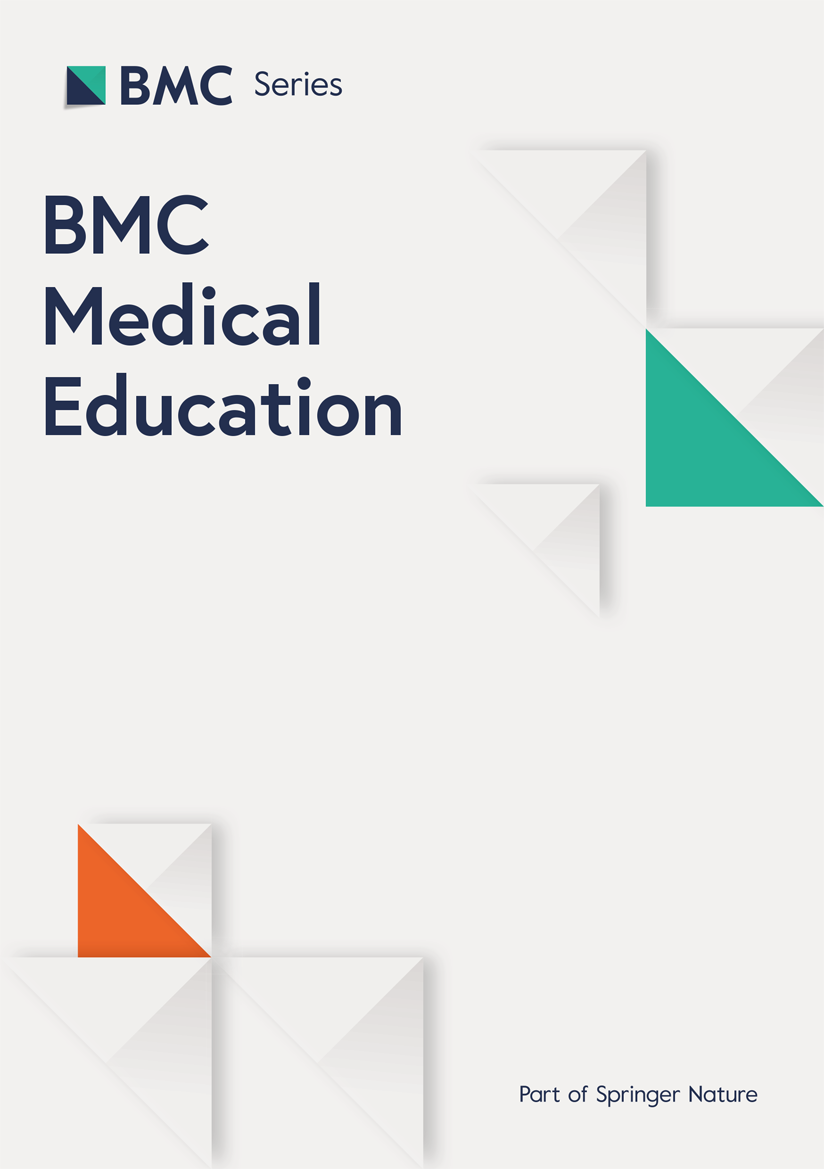23% (359/1560) of all eligible trainees at UCSF elected to participate in at least one session (Supplemental Table 3). Participants represented 41 specialty and subspecialty departments, with internal medicine and its subspecialties the most represented (53%, n = 153/291). The racial/ethnic makeup of WILD participants approximately matched that of UCSF GME trainees overall. For participants who completed demographic surveys, residents (39%, n = 112/291) and fellows (43%, n = 124/291) were similarly represented. The quantitative survey response rate was 81% (291/359) on baseline and post-session surveys, and 19% (69/359) on end-of-program surveys. Most participants (80%, n = 233/291) attended only one event, while a minority (20%, n = 61/291) attended two or more (Supplemental Table 4). The average number of participants at each event was 25 and ranged from 6 to 79 (Supplemental Table 5).
WILD session acceptability
Trainees expressed strong satisfaction with WILD sessions. Combining survey data over all sessions, 98% of participants agreed or strongly agreed that WILD sessions were organized and the structures were clear. 97% agreed or strongly agreed that WILD sessions were useful, and 98% agreed or strongly agreed that they would recommend WILD sessions to a friend. “Microaggressions”, “Allyship”, “Building your Personal Board of Directors”, and “Fertility” were the most highly rated sessions.
Preliminary WILD session effectiveness
At baseline, participants expressed varying degrees of confidence in critical leadership competencies (Table 2). Participants reported most confidence in competencies which are core parts of medical training such as working in teams, providing feedback, and presentation skills. They reported least confidence in competencies related to personal advocacy and gender-specific challenges including employment negotiation, family leave rights, dealing with microaggressions, and garnering political influence. For each of these low-confidence leadership skills, attending the associated WILD session was associated with a significant increase in reported confidence levels by trainees (Table 2).
Barriers to participation
At the end of the program, participants indicated that the most significant barriers to participation were “having enough time” (29%, 18/64), “inconvenient location” (24% 15/64), and “conflicting clinical responsibilities” (44%, 27/64). Most preferred evening meeting times. When asked how holding WILD sessions exclusively on Zoom would affect their participation, 82% (56/68) of respondents indicated that they would be more likely, or much more likely to attend virtual sessions. In practice, however, WILD attendance at virtual sessions was not significantly different than in-person sessions.
Focus group themes
The focus group interviewees represented all stages of training, from residency to fellowship, during their participation in the program. Focus group discussions generated numerous themes regarding how participation in WILD-GME facilitated trainees’ leadership development. Participants noted recurrent themes such as how WILD facilitated a safe space to form community among women trainees, how they felt empowered by the curriculum and appreciated the structured leadership training, and how they appreciated the mentorship and networking aspects of the curriculum. Representative quotes are included in Supplementary Table 6.




Add Comment